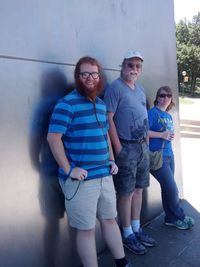
They’re made easy by underlying trends in the economy. Technology is now dominant over oil. It’s even replacing oil, solar and wind devices reducing fuel demand. The gating factor in competition among people, companies and even countries has become our ability to build human capital, and deploy it, people becoming the very definition of wealth-generating capacity.
There is also a sense of urgency driving all this change, a mission to which my children, and yours, have been called, one even greater than that faced by our parents, whom we call The Greatest Generation. That is the climate crisis, and “Millennials,” the derogatory nickname stuck on these kids by jealous oldsters, understand this.
Thus trends in technology, and governance, are making the coming political choices easy.
Technology change continues to accelerate. Just see a movie like “The Holiday,” 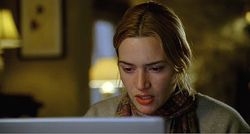
The accelerating change of technology also requires a change in how institutions run. To that end the most important book of 2015 comes out next month. It is The Open Organization, by Red Hat CEO Jim Whitehurst.
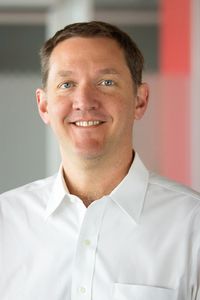
When high-value analytics can be brought to every worker’s fingers, hierarchical organizational structure becomes inefficient, Whitehurst writes. You want only employees who are mission-oriented, dedicated to what the company is all about. Management’s job becomes defining the mission and empowering people to fulfill it, eliminating those who become obstacles to it.
We think of this as the way open source itself works, but it isn’t. Not really. Groups like the Internet Society which proclaim their “openness” have generally lost power to both governments and corporate interests over the last two decades, because they tend to give every voice equal weight. Running them becomes like herding cats.
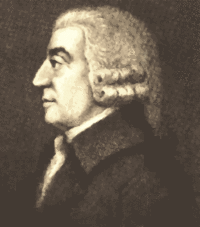
The next turn of the technology wheel also requires more collective action, more cooperation, than even the Internet did. I’ve been writing about it since 2003. I called it “Always On” but got to the party before the hosts did, let along the caterers. They call it the “Internet of Things.”
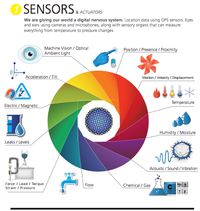
The Apple Watch is just an interface. IPv6 is the network. Unlike previous versions of the protocol, it has the capacity to give every device its own address and (just as important) an audit trail that leads to security.
Clouds will remain. But they will be tied to smaller servers, the functional equivalent of PCs, living in homes, in storage closets, or in offices. Radio, in the form of WiFi and other digital standards, will be the glue tying it all together, the network these applications ride on. When you go out the cellular network will serve, the data payload being shrunk to fit.
The problem is that, in order for the Internet of Things to be trusted, we need cooperation between private companies, between companies and government, and among people, not just within nations but across borders. This is not something competition alone can accomplish. Cooperation is necessary, not only to enable security but to support enforcement.
In an open organization, Whitehurst writes, the job of management is to ignite passion among workers, and to be accountable to them. It’s also to define the company’s mission, and to be accountable to it as well. It’s to find people who will devote themselves to the corporate mission, and to promote or cull from the herd based on merit, ignoring formal hierarchy.
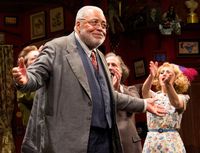
Whitehurst says, and I agree, that business today is about more than the bottom line as well. The best companies focus on building their human capital, then maximizing the value of that human capital. In a world where energy is becoming abundant (thanks to renewable energy), where commodities and suppliers are interchangeable, the best companies are creative furnaces, the people inside those furnaces interacting based on their desire to get something important done.
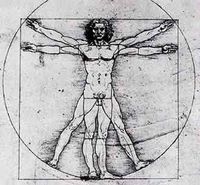
Like I said at the start, politically it’s an easy choice. Open or closed. (Open.) Democracy or feudalism. (Democracy) A heaven on Earth or an Earth that becomes hell. (Heaven.) It is the job of our children to make this world a More Perfect Union, and become the Greater Generation we brought them up to be. It starts with the choices they make in 2016.











Very creative content.
Very creative content.